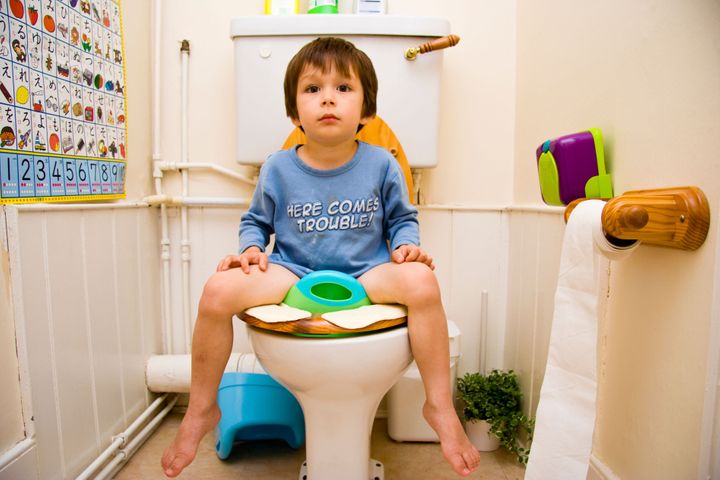Toilet Training and Common Toileting Problems

Toilet training is a big milestone in a child's development. It can be a frustrating time. Parents can feel under a lot of pressure to get their child toilet trained. Remember that every child is different. Most children will learn the skill in their own time. By the age of 4 years old most children are reliably dry. It is important to stay calm and be patient.
Some children do have problems with having their bowels open or wetting themselves. School Nurses can help you with toileting problems. So find out more read on.
Why is toilet training important?
Most children are ready to potty trained between the ages of 18 months and 2 years old. 9 out of 10 children will be dry by the age of 3 years old. And most children with will be reliably dry by the age of 4 years old. It is a really important skill to develop and maintain. Children who struggle with the toileting can have problems with friendships and joining in normal childhood activities. This can be distressing for a child and for a parent.
Common childhood problems
Some children they can experience problems with their bowels (having a poo) or urinating (having a wee). Common problems include soiling, constipation, day time wetting and refusal to use the toilet. These problems can occur for a number of different reasons. Children can be worried about using the toilet, they might have a poor toileting routine, they might have something that is worrying them, it might be painful or uncomfortable to use the toilet.
Constipation
Constipation is the most common bowel problem and the most common reason for soiling. Constipation can occur when a child does not poo regularly. The bowel can become full with large poos that are hard and painful to pass. A child can become fearful of going for a poo because of the pain. The messages normally sent between the bowel and brain are interrupted. Soiling can happen when the runny poo links around the hard stool and leaves the rectum.
Daytime Wetting
An overactive bladder is one of the most commonest causes of daytime wetting problems. The bladder accidentally sends a sudden message to the brain saying that it wants to empty. The child has a sensation that they need the toilet urgently. This often happens before the bladder is full. So, children overactive bladders may have a problem with needing to go to the toilet a lot (because it isn’t filling to capacity). They also have little warning they need the toilet.
A number of things can lead to daytime wetting
- Constipation,
- Not drinking enough
- Drinking lots of fizzy drinks or caffeinated drinks can also irritate the bladder lining
- Urine tract infections (UTI’s)
Things that parents/carers can do to help their child.
- Help your child to develop a good and safe toilet routine
- Make sure your child drink enough each day and maintains a health diet
- Take your child to see their GP if the problem persists.
To find out more about the things you can do watch our ‘Toilet Training’ webinar. One of our School Nursing team explains more about toilet training and offers some advice and top tips to support your child to become dry.

